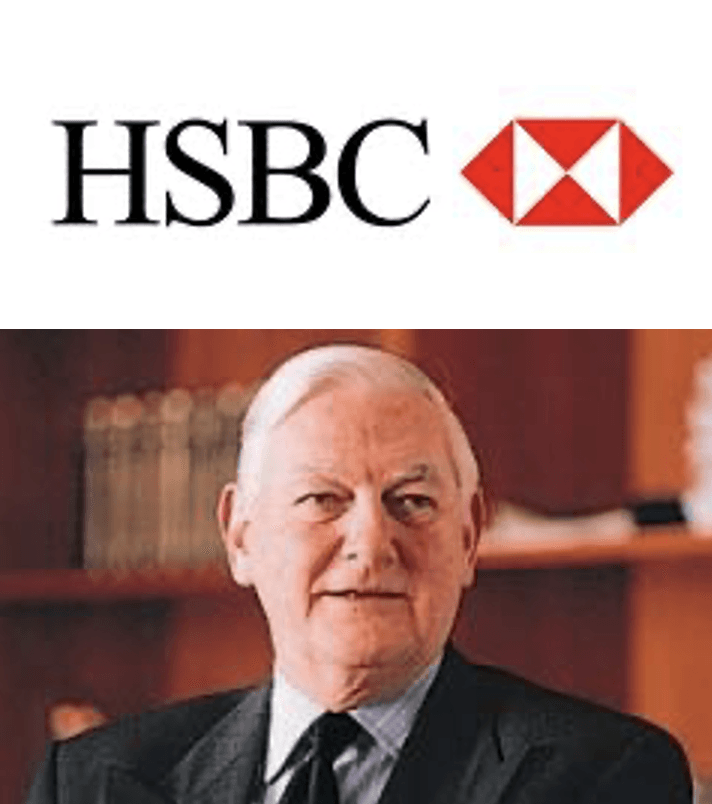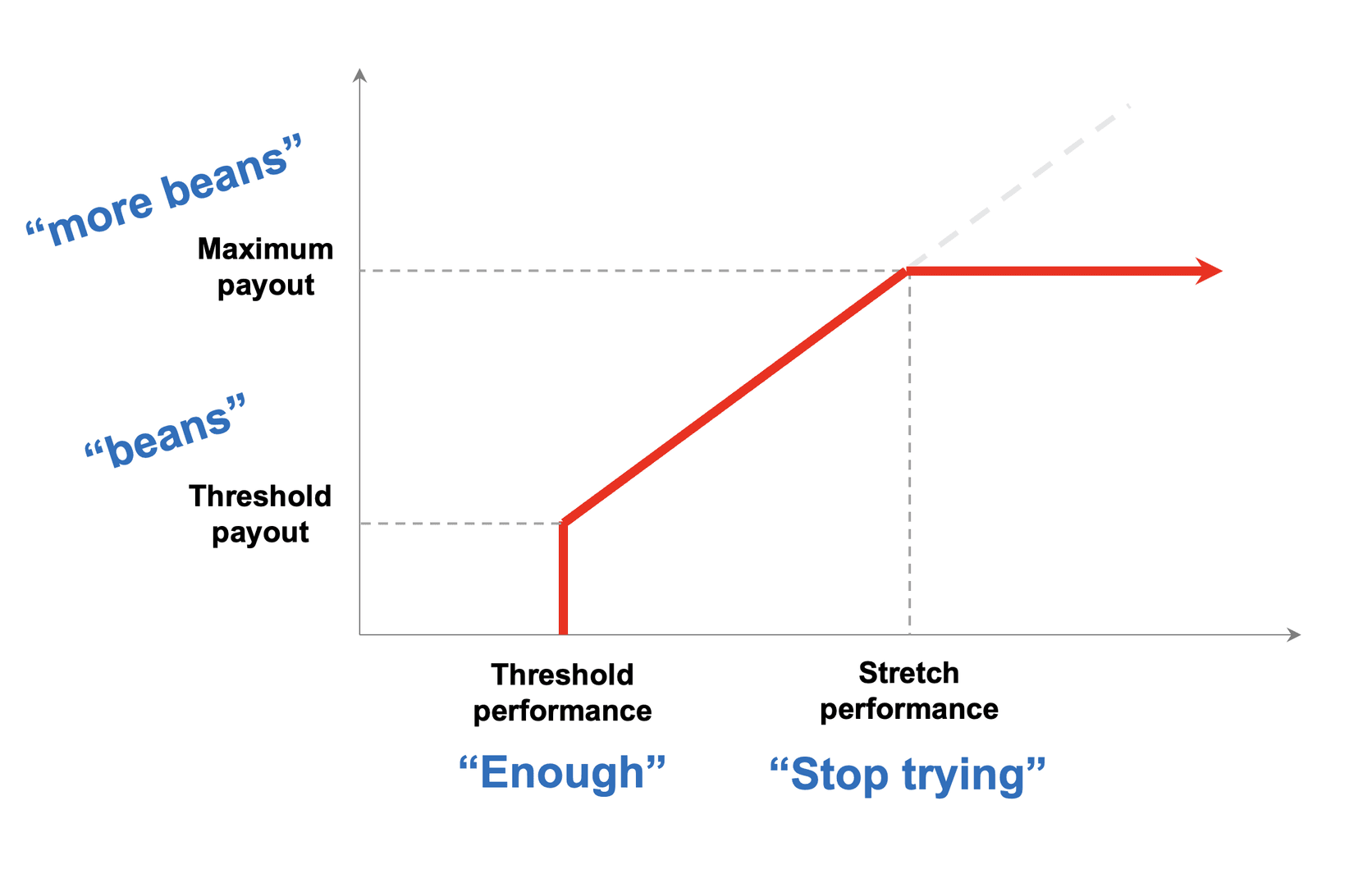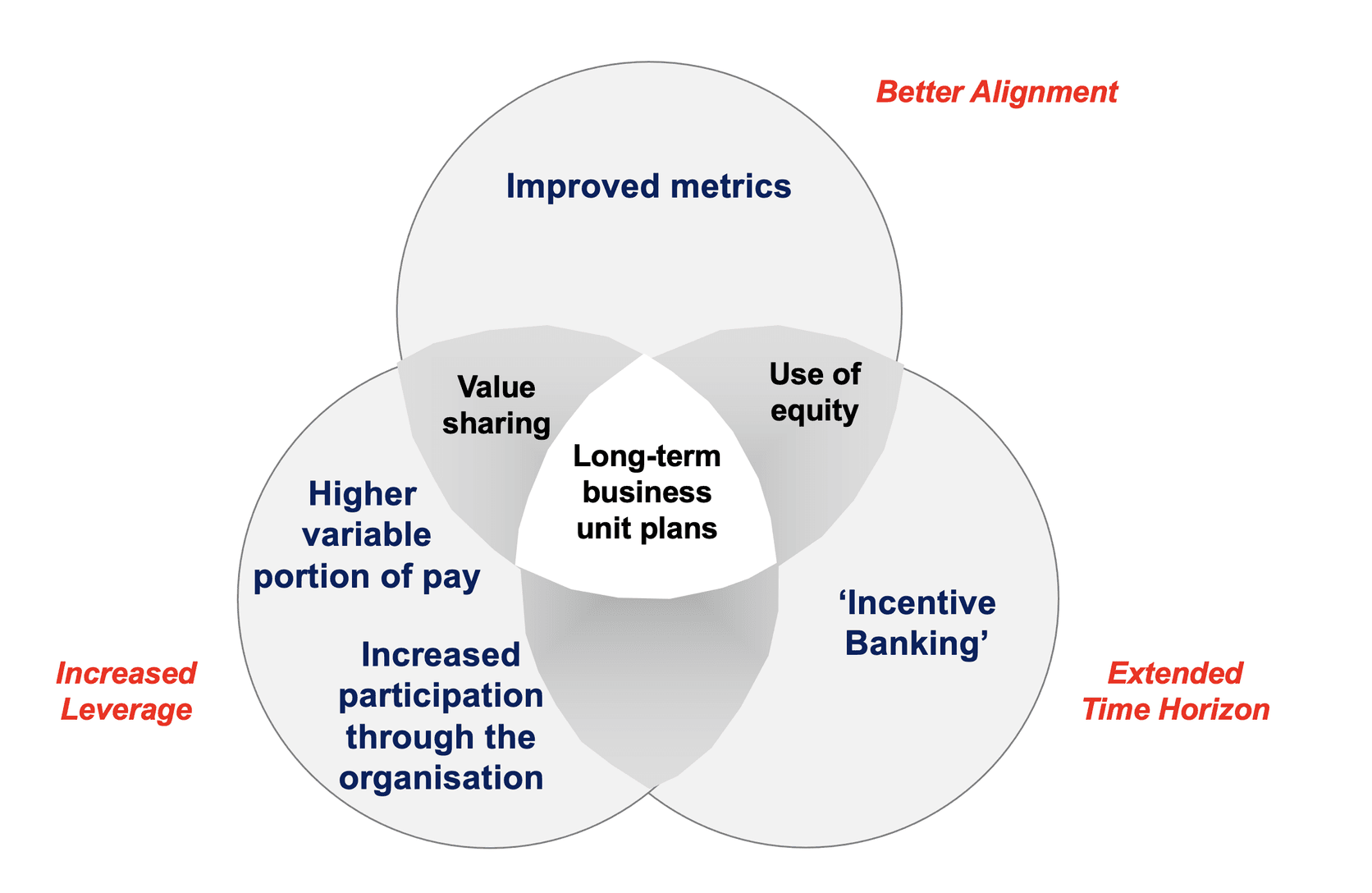Incentives for Growing Companies No.4: Performance-based Remuneration

The purpose of this article is to say: Contrary to accepted myth (that all senior pay is a waste of shareholder money) we can demonstrate that well designed and well communicated plans work
If creativity enhances value, how do we make sure it does that for everyone?
Let’s be sensible. What actually works?
Human nature being what it is – every value creator from Emperor Pompey through the Florentine Bankers to 16th
Century pirates – used incentives.
In the case of pirates: booty was shared equally between the crew (of 30) and the captain, so 30:1. Compare THAT with the CEO Pay Ratios of CEOs today! (150:1 upwards)

Reflect on Sir Francis Drake for a second. The Spanish called him a pirate because he stole a lof of their gold, and let’s be fair, he really did steal a lot. In one heist, it took 150 donkeys to carry the loot. But, in a reflection of modern UK:European relations the British elevated him to the House of Lords, and gave him a huge country mansion.
Even as the second most successful pirate of all time his lifetime earnings were $115m in today’s dollars. (Forbes analysis).
Upper Quartile for a CEO in a Top Tier of performers can make that in less than ten years.

What worked in the past is a good lesson: take Willy Purves: Chairman of HSBC in 1995: £3.7bn profit before tax (up 16%).
Salary £503k, Bonus about a third of that, 1x salary in options, 40/60th pension,
Again, compare that with the demands of many CEOs today.
SO THAT’S SOME CONTEXT – DON’T JUST LOOK AT WHAT IS HAPPENING TODAY. MAKE SURE THAT PERFORMANCE-BASED PAY REALLY IS EXCITING AND AFFORDABLE TO BEGIN WITH

If you look at this chart, this is what modern incentives are all about
We are talking here about the relationship between doing something (“performance”) and getting paid for it pro rata.
I cannot stress enough - all modern incentives work like this…there is a level of performance below which nothing is deserved, then at some point you reach a threshold which triggers a payment. As more performance is delivered, more payment is made pro rata until a maximum level of performance above which no more is paid. That is the cap. Maximum.
In other words, at Threshold we have done enough, at Maximum we can stop trying
The Pirates, the Medicis didn’t have pay caps.

We know exactly what DOES work
- Extend Time horizons
- Better Alignment
- Increased leverage
USED THIS CHART WITH CLIENTS FOR 25 YEARS
- CEOs promoted from within the business add more value, are paid less, and are better value for money compared to those hired from outside. 70% of new CEO appointments in the FTSE 100 in the last five years have been promoted from within the business, and they have added 6% more value, whilst being paid 20% less than those hired from outside.
- CEOs that have more at stake – who own more the company – add around four times more than those with less ownership. One third of the CEOs we looked at in 2016 have shareholdings worth £5m or more, and they deliver more than double the value to shareholders compared with CEOs with shareholdings under £5m. In fact, they are paid more, deliver more, and as a result are better value for shareholders overall.
What if we selected stocks each year based on this criteria?
Based on 18 years testing the selection of stocks based on the quality of their incentive compensation…
- It would have generated 328%* total returns after fund costs and performance fees
- 12th best performer among comparable UK equity funds out of universe of 105 funds over 18-years
- 277-point outperformance of best FTSE 100 tracker funds
- 195 percentage point outperformance of Investment Association UK All-Companies median fund
We know what works. Let’s make sure we learn from that
Incentives for Growing Companies
This article is part 4 of 10 of our new occasional series of podcasts, videos and articles on incentives for business growth. Covering everything from salary benchmarking to managing compensation in times of change.
